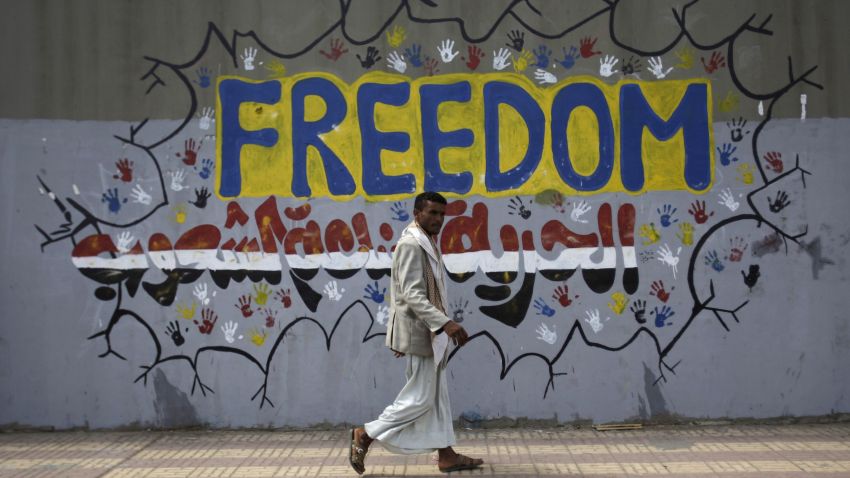It is perhaps fitting that the requiem for the Arab Spring is now playing in the same country where, more than a decade ago, cries against tyranny served as its overture. Last week, Tunisia held a referendum in which it passed a new constitution that effectively sealed the end of the democratic experiment in the only country where the Arab Spring seemed to have produced something resembling a democracy.
A dozen years after it started, that wave of revolutions has left a trail of civil wars across several countries, along with increased repression and crushed hopes across the region. The calls for change that spread from Tunisia to Egypt, Syria, Libya, Bahrain, Yemen and elsewhere, gradually spun out of the control of democracy activists. Only Tunisia seemed to have a chance. The recent vote there serves as confirmation that, although the protesters’ demands were earnest and widespread dissatisfaction remains, the ardent belief that change was on the horizon—the euphoria of those heady days—was not enough to overcome the obstacles to democratization.
It was in Tunisia that, in 2010, the street vendor Mohamed Bouazizi set himself on fire and ignited the entire region with democratic fervor. It was also in Tunisia that, last week, President Kais Saied—who claimed he was trying to “correct the course of the revolution” with his new constitution—was able to make permanent the power grab he consolidated in the midst of the coronavirus pandemic.

